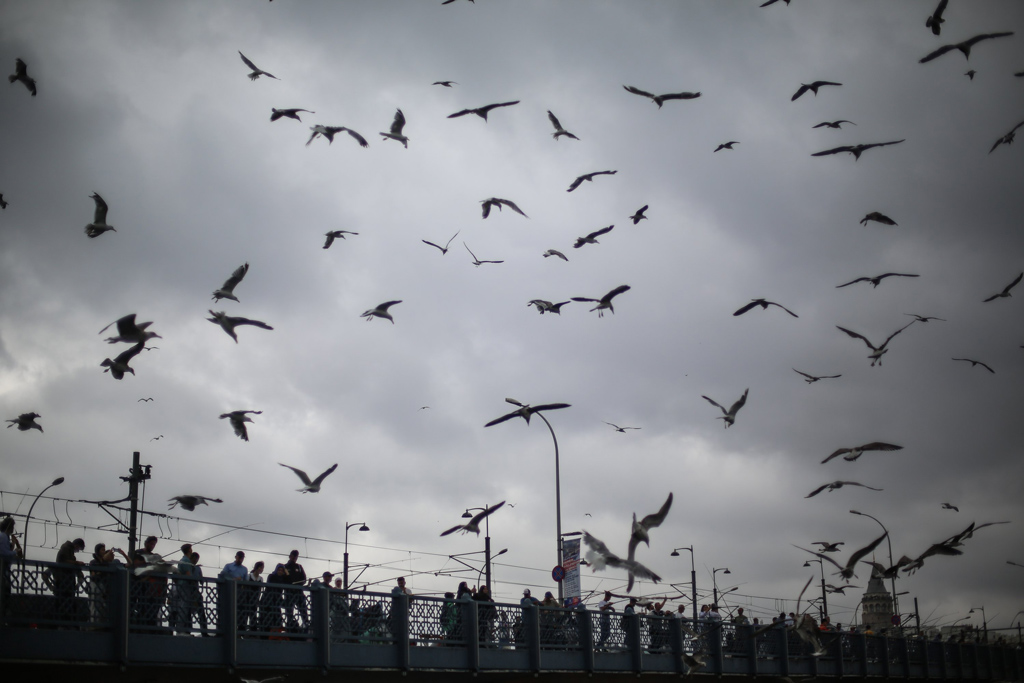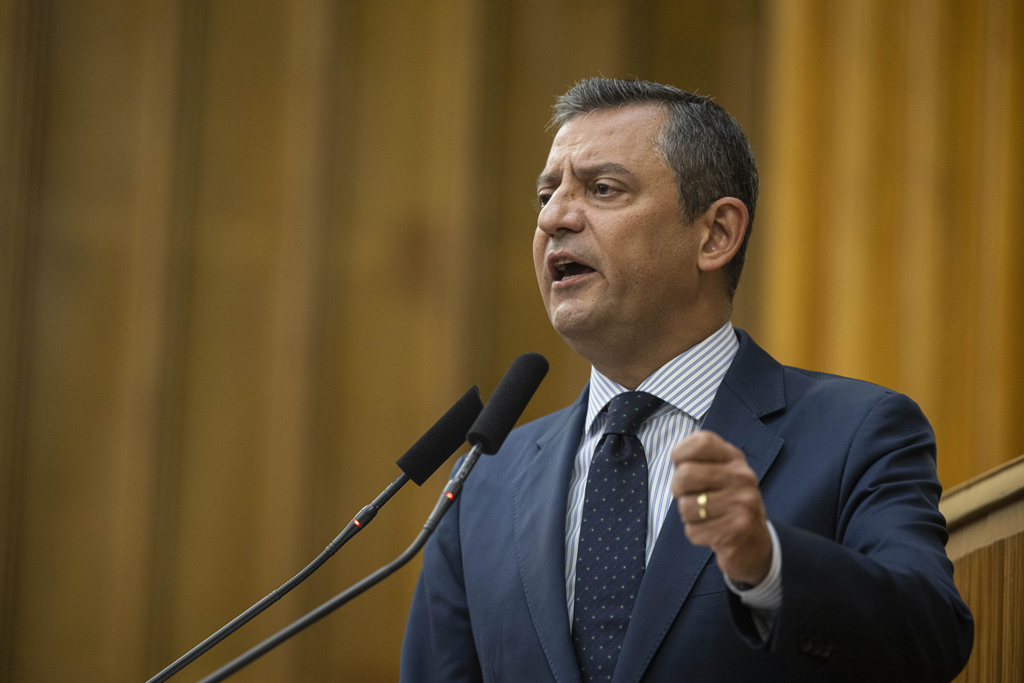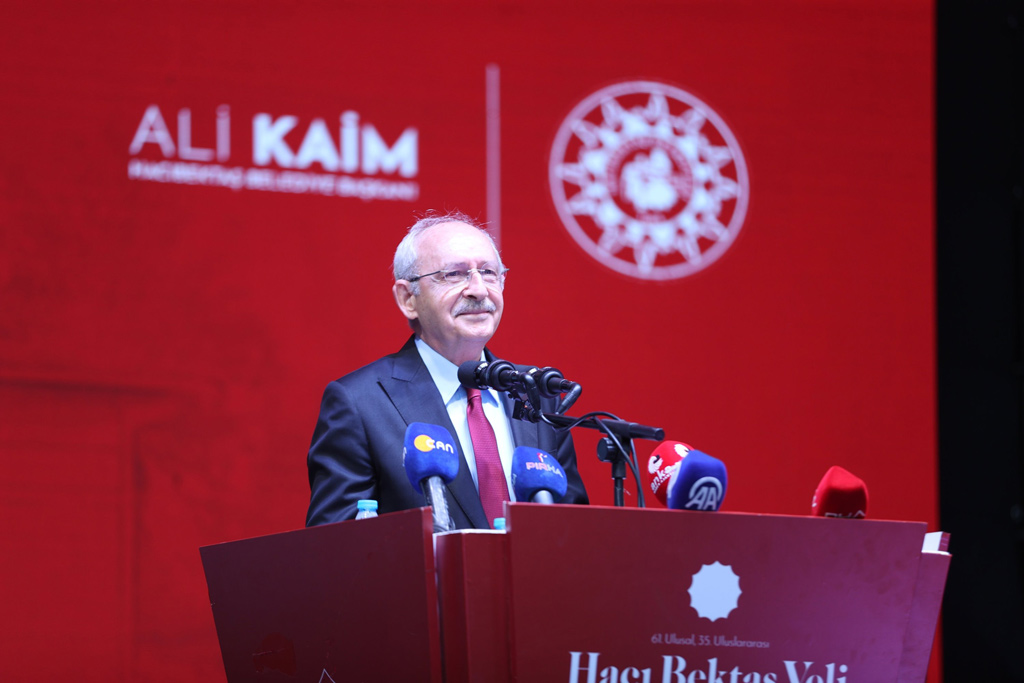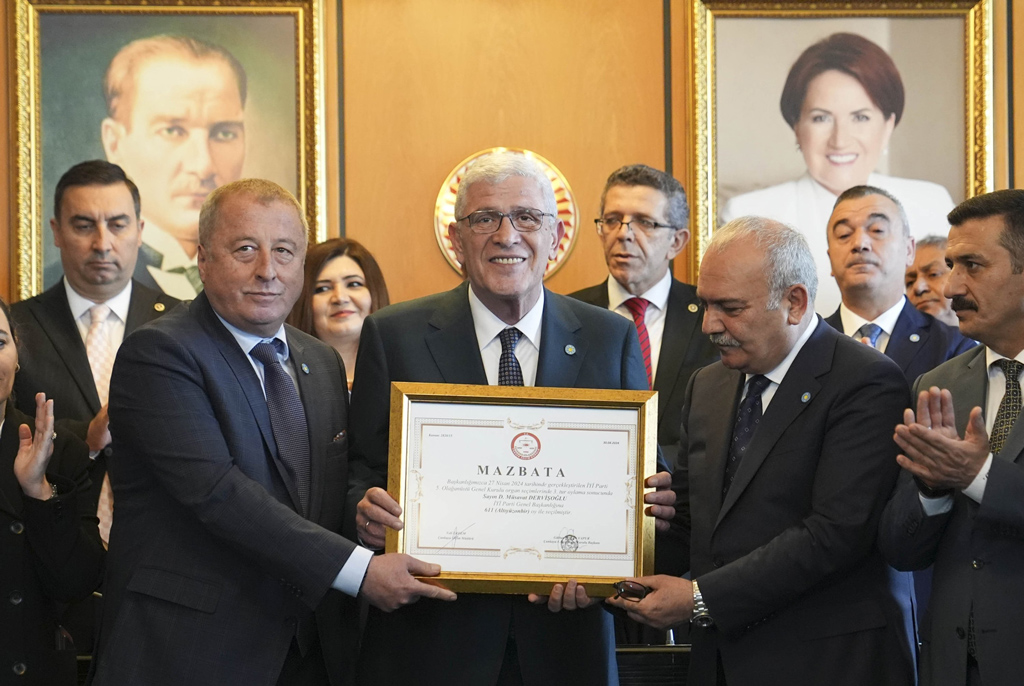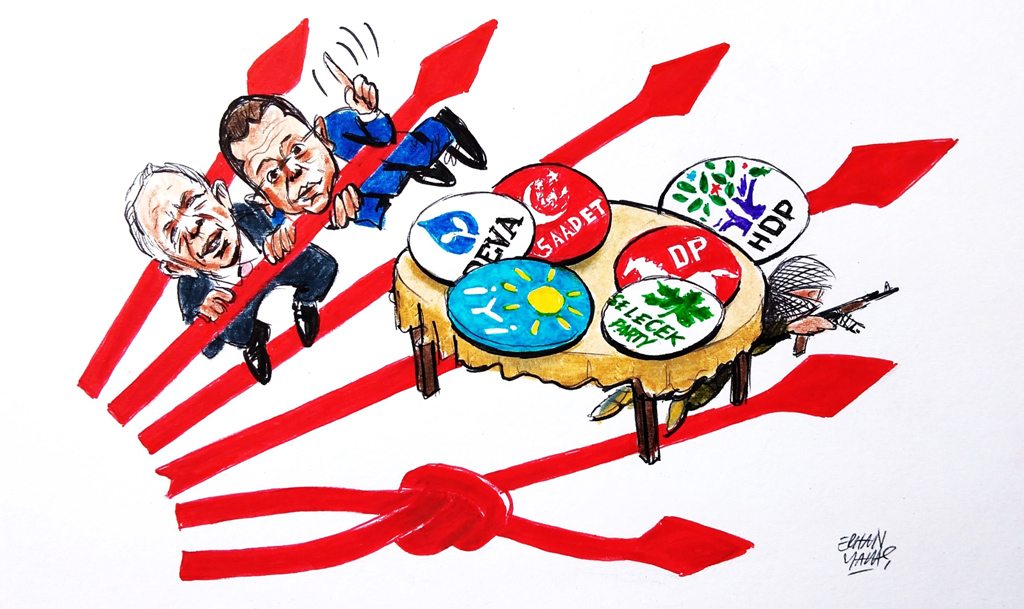One might reasonably expect the "change" debate within the Republican People’s Party (CHP) to die down since Ekrem Imamoğlu, the mayor of Istanbul, announced
his decision to seek reelection in next year’s municipal elections – instead of running for CHP chairperson. The main opposition party continues to elect its provincial delegates yet it seems almost certain that Kemal Kılıçdaroğlu, the incumbent, will be able to keep his job with no major problems. That is why he should find it easier to set his party’s agenda, but the CHP will presumably remain preoccupied with internal confrontations.
Meanwhile, the Good Party’s (IP) Chairperson Meral Akşener, prepares to deliver a major address on Aug. 26 to chart her movement’s post-2023 course and unveil their new approach and arguments. In a way, the party will have finished taking stock of what happened with that speech and focus on the Nation Alliance’s performance. It remains to be seen whether Akşener will attempt to create a third way between the ruling Justice and Development Party (AK Party) and the CHP. Keeping in mind that the opposition alliance largely refrained from reflecting on their performance on May 14-28, Akşener’s speech will also indicate whether she would like to start that process herself.
Obviously, the IP chairwoman will have to bring up the possibility of joining forces anew ahead of next year’s municipal elections. That would require an incomplete assessment of what happened and attempting to build a new partnership/alliance architecture on that basis. Party leaders may be inclined to avoid such an assessment citing the upcoming election, yet it won’t be easy for them to keep a lid on their supporters’ anger and disappointment.
Setbacks in recent past
In truth, many opposition parties suffered setbacks because they opted to join electoral alliances in 2019 and 2023. The IP failed to win any mayoral seats in 2019 and hardly received 10% of the vote in the May 2023 parliamentary elections. Specifically, the party could not explain to their base why they were collaborating with the Peoples’ Democratic Party (HDP) and why they endorsed Kemal Kılıçdaroğlu.
Whereas the CHP gained control of opposition-held metropolitan districts in 2019, it was forced to hand over 38 parliamentary seats to right-wing fringe parties in 2023. Having lost the presidential race, the main opposition party failed to account for that double loss.
The Democracy and Progress Party (DEVA), the Future Party (GP) and the Felicity Party (SP) originally sought to represent the third way. Yet, they gave up on that plan in exchange for 10 parliamentary seats each – a number they deemed too little despite eventually having to defend themselves against pro-opposition critics.
Finally, joining forces with the opposition bloc (without being allowed to join the alliance officially) was a dishonorable act for the HDP – whose share of the vote dropped to 8%.
To sum up, the alliances/partnerships between various opposition parties in 2019 and 2023 benefited the CHP to some degree, yet hurt the rest in an unmistakable manner. Still, pro-opposition voices continue to argue that the opposition will lose next year’s municipal elections in the absence of a new alliance. Pro-CHP politicians and commentators, too, look for new ways to unite the opposition so that their mayors can get reelected in Istanbul and Ankara.
Some believe that “reviving the spirit of 2019” is the answer. Otherwise, they claim, “Türkiye will be left with no opposition and the governing party will do whatever it wants.” Calling for a new alliance in Istanbul or Ankara immediately comes to mind. In other words, commentators say that the CHP, the IP and HDP (also known as the Green Left Party or YSP) must work together in specific provinces and districts. Yet, this discourse of a new alliance/partnership cannot give rise to a coherent political, intellectual and psychological base. If anything, that plan even lags behind the 2023 agreement on “common policies,” which ultimately failed.
The bottom line is that the opposition cannot seem to adopt a “common political platform and discourse” that goes beyond their eagerness to win some mayoral seats.
'Survival' factor
Standing in stark contrast with the opposition’s fragmentation is the psychological advantage that the People’s Alliance currently holds. The opposition might adopt a discourse of “survival” by talking about economic challenges, one-man rule and asylum seekers. The rising cost of living is an obvious factor, yet the May 2023 election proved that the electorate takes into account multiple factors. Furthermore, “survival” tends to be less influential in local (as opposed to general) elections.
Could the opposition win over voters, despite its poor performance, by forming the coalition of 2019 or 2023 between individual parties? Needless to say, tensions within each opposition party and the alliance itself take a toll on them. The opposition bloc’s right-wing members tend to talk about the possibility of not contesting next year’s election as part of any alliance – an obvious attempt to discover or increase their popularity nationwide. Yet, driving a hard bargain for any province-based partnership would threaten to frustrate voters. At the end of the day, any partnership model that exclusively rests on the candidates cannot breathe new life into the opposition.
[Daily Sabah, August 21, 2023]
